CNC Machining Mexico: Manufacturers & Industry Guide

Part 1: Market Size and Growth
CNC machining in Mexico keeps expanding as nearshoring accelerates. I see more buyers move production closer to North America to shorten lead times and cut risk. Aerospace in Querétaro and automotive in the Bajío drive steady demand for precision parts.
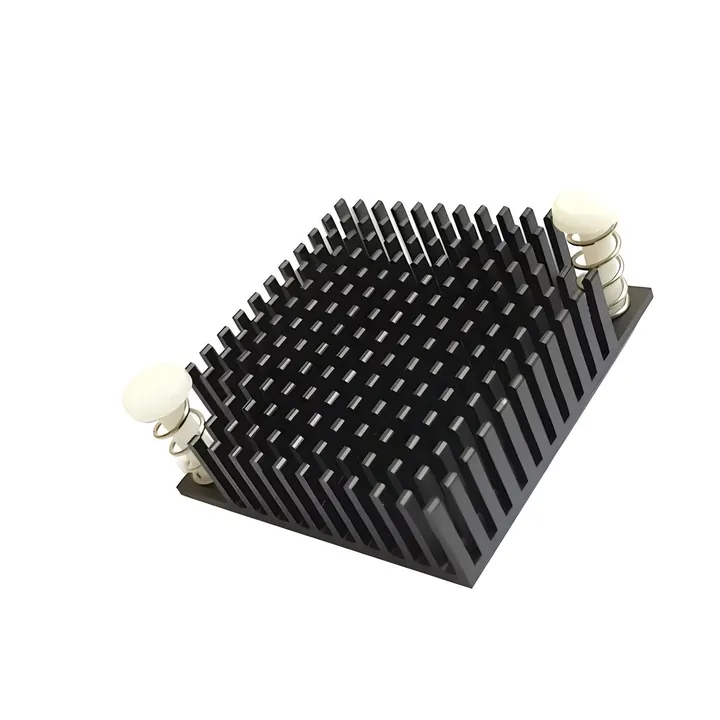
Mexico’s market serves high-mix, medium-volume work with strict tolerances. Many shops run 3-, 4-, and 5-axis mills, plus multitasking lathes. Medical devices, electronics, and energy equipment now join the big two sectors, which spreads risk across more customers.
Policy and cluster effects shape this growth. USMCA supports regional sourcing, while state programs back training and technology upgrades. Industrial parks in Querétaro, Guanajuato, and Nuevo León create dense supplier networks, so small firms can scale fast with partners.
Part 2: Leading Companies
Nemak
Nemak began in Monterrey and grew into a global supplier of lightweight powertrain and structural components. I first heard about its machining lines from an engineer who praised their automation focus.

Nemak blends high-pressure die casting with CNC machining for complex aluminum parts. The team machines cylinder heads, battery housings, and structural nodes for EVs. Its value comes from combining materials expertise with tight-tolerance finishing.
It mainly serves automotive and e-mobility, with projects for global OEMs. Technical highlights include in-line CMM inspection and advanced coolant management. Certifications cover IATF 16949 and ISO 14001 across major plants.
TREMEC
TREMEC, headquartered in Querétaro, is known for transmissions and precision gear machining. I toured a line where gear blanks became polished components in one flow.

The company runs CNC hobbing, grinding, turning, and heat-treatment cells tied to final assembly. It integrates metrology at each step to keep noise and vibration low, which matters for high-performance drivetrains.
TREMEC serves automotive, commercial vehicles, and specialty performance. Highlights include multi-axis grinding and automated deburring. It holds IATF 16949 and ISO 9001, plus lab accreditation for material testing.
Safran Landing Systems Mexico
Safran Landing Systems operates in Querétaro’s aerospace cluster. I remember watching landing gear parts move from 5-axis machining to nondestructive testing.

The site machines landing gear components and runs special processes for aerospace programs. Strict process control and digital traceability anchor every operation, from raw stock to final assembly support.
Safran serves commercial and defense aviation. It leverages titanium and high-strength steel machining, shot peening, and surface treatments. Certifications include AS9100 and NADCAP for key special processes.
Martinrea Mexico
Martinrea’s Mexico operations support precision machining for lightweight structures and propulsion systems. I noted how their cells switch fast between variants to meet changing orders.
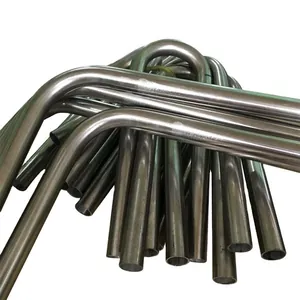
Capabilities span CNC milling, turning, and assembly for suspension, engine, and thermal systems. Flexible fixturing and real-time SPC keep yields high, even on short runs.
Industries include automotive and commercial vehicles, with EV platforms rising fast. The company emphasizes corrosion-resistant coatings and leak-proof assemblies. Certifications include IATF 16949 and ISO 14001 at major facilities.
| Company | Founded | Core Products | Industries | Certifications |
|---|---|---|---|---|
| Nemak | 1979 | Machined aluminum powertrain & EV structures | Automotive, EV | IATF 16949, ISO 14001 |
| TREMEC | 1964 | Precision gears, shafts, transmissions | Automotive, Performance | IATF 16949, ISO 9001 |
| Safran Landing Systems Mexico | 2000s | Landing gear machining & special processes | Aerospace | AS9100, NADCAP |
| Martinrea Mexico | 2000s | Machined structures & propulsion components | Automotive, CV | IATF 16949, ISO 14001 |
Part 3: Trade Shows and Industry Events
EXPOMAQ
EXPOMAQ takes place in León, Guanajuato, inside Mexico’s automotive heartland. I found rows of 5-axis centers, bar-fed lathes, and probing demos in one hall.
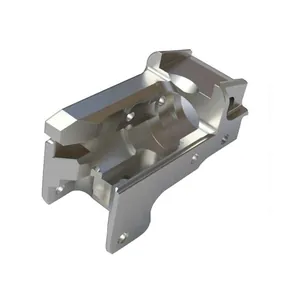
The show brings machine builders, cutting tool brands, and local job shops. Live cutting with aluminum, Inconel, and stainless draws buyers, while software booths cover CAM, MES, and SPC. Many attendees come from the Bajío’s tiered supply base.
Mexico Aerospace Summit (Querétaro)
The Mexico Aerospace Summit runs in Querétaro’s cluster, close to suppliers and training centers. I met teams sourcing machined parts for airframes and engines.
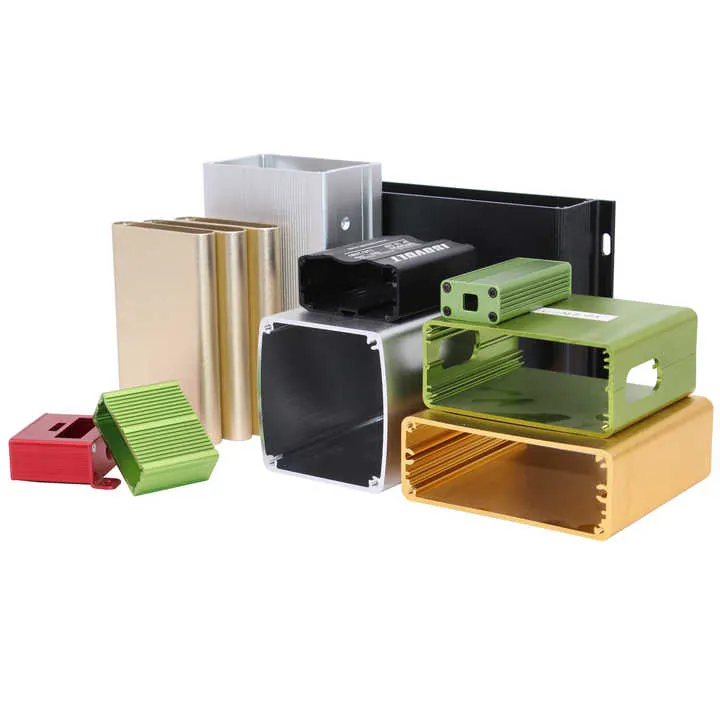
The program mixes conferences with B2B match-making. Airbus, Bombardier, and Tier-1s discuss supplier expectations, then buyers meet local shops. Metrology, special processes, and AS9100 readiness get special attention each year.
| Event | Date | Location | Highlights |
|---|---|---|---|
| EXPOMAQ | Biennial | León, Guanajuato | Live CNC demos, CAM/MES, Bajío buyer traffic |
| Mexico Aerospace Summit | Annual | Querétaro | AS9100 focus, B2B meetings, aero cluster access |
Part 4: Impact of Global Trade Policies
Global rules shape strategy on the shop floor. USMCA favors regional content, so buyers want North American sourcing for castings and machined parts. This raises inquiry volume for Mexico while keeping logistics fast and predictable.
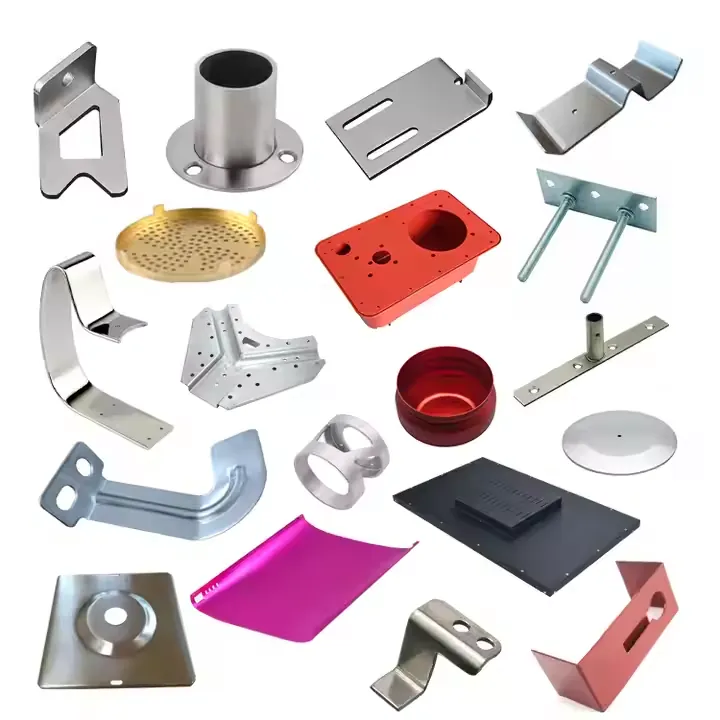
Supply chain shocks pushed firms to dual-source critical items. Many shops now qualify two alloys, two heat-treat vendors, and two logistics routes. Localization improves resilience but demands more documentation and PPAP rigor, which shops learn to handle.
International competition remains strong from Europe and Asia. Mexico competes with short lead times, bilingual teams, and proximity to OEMs. The best firms invest in AS9100 or IATF 16949 and automate inspection, so they win on speed, cost, and quality at once.
Part 5: Conclusion
Mexico’s CNC machining sector stands on solid ground. Nearshoring, USMCA, and strong clusters fuel long-term work. Shops that pair multi-axis capacity with digital QC will keep growing, especially in aerospace and EV platforms.
Challenges still exist, like materials volatility and skilled labor gaps. Firms that build training pipelines and deepen supplier partnerships will hedge risk, while others may struggle with schedule pressure and rising compliance needs.
Recommended Reading:
CNC Machining France
CNC Machining France
CNC Machining Russia
CNC Machining Uk
CNC Machining Brazil
CNC Machining Canada
CNC Machining Spain
CNC Machining Australia
CNC Machining Uk
CNC Machining Brazil
CNC Machining Canada
CNC Machining Spain




